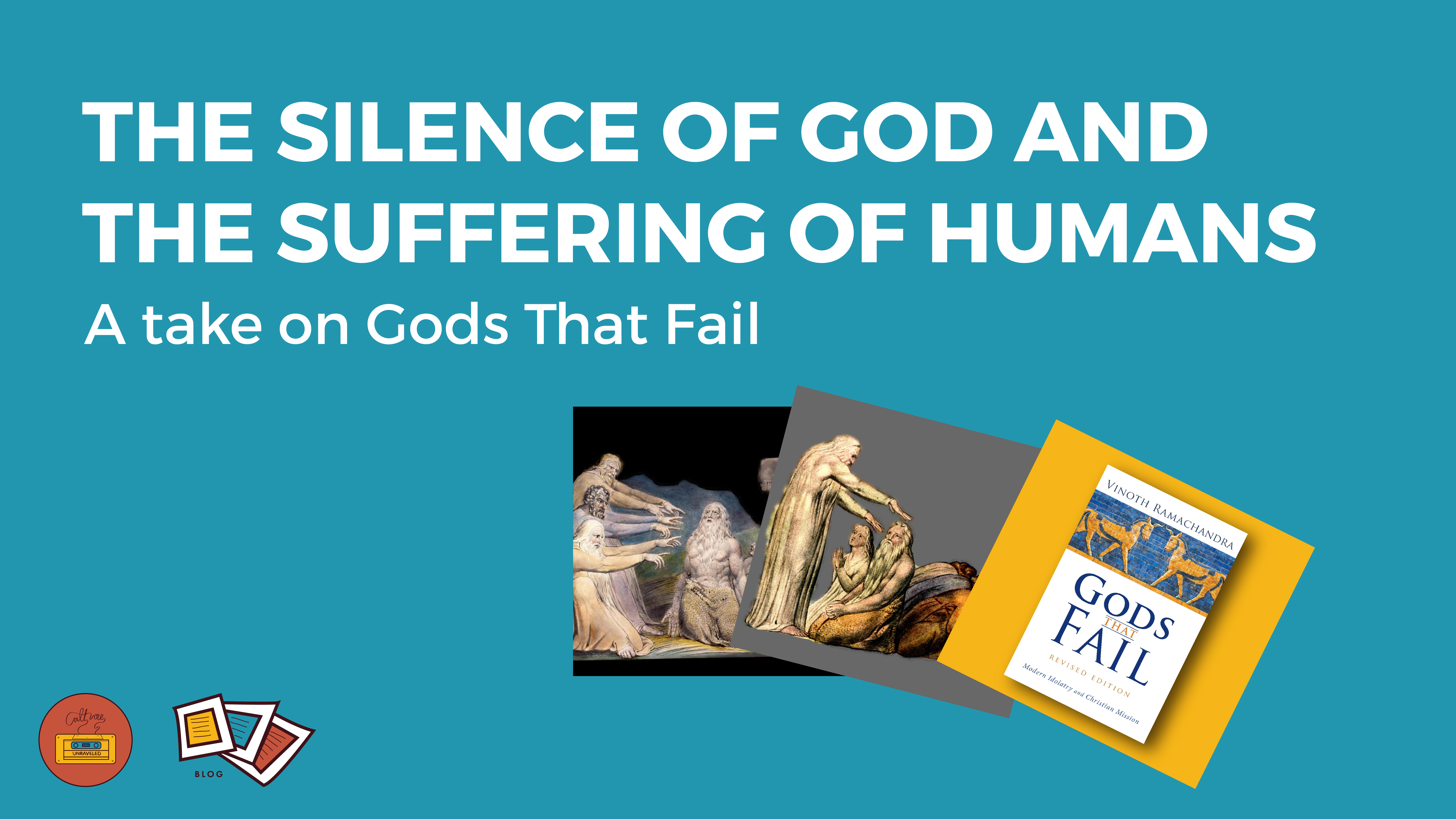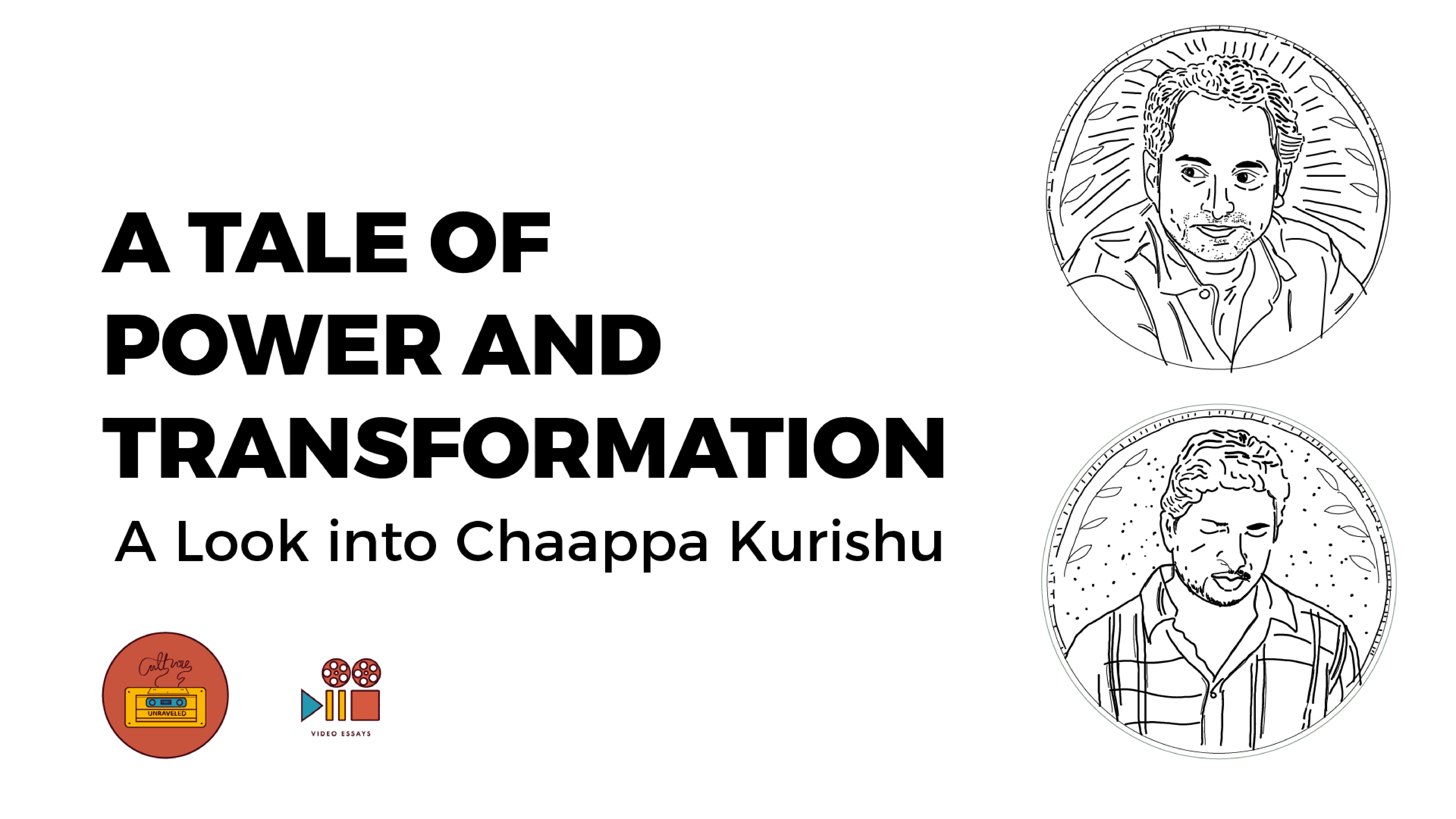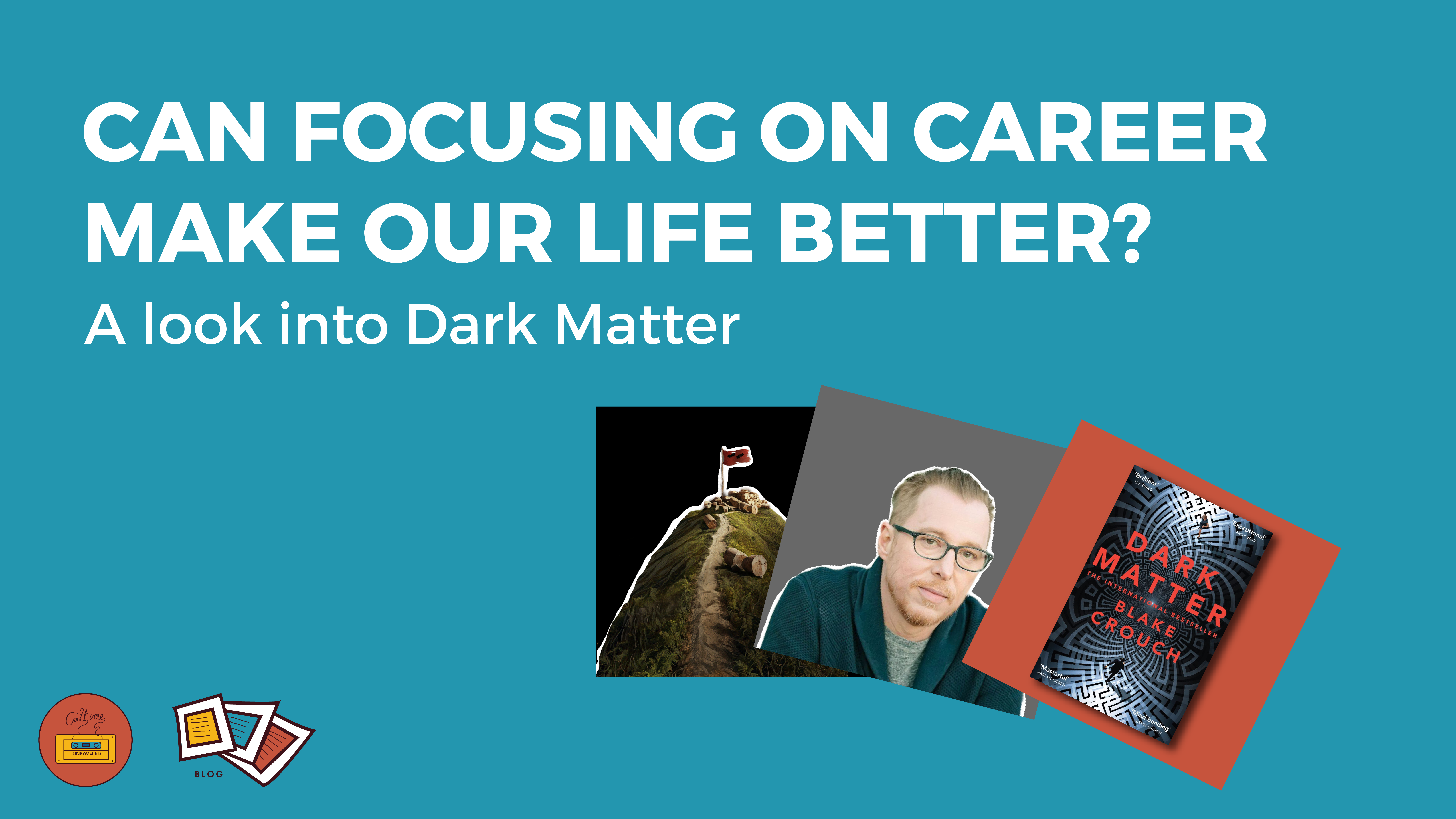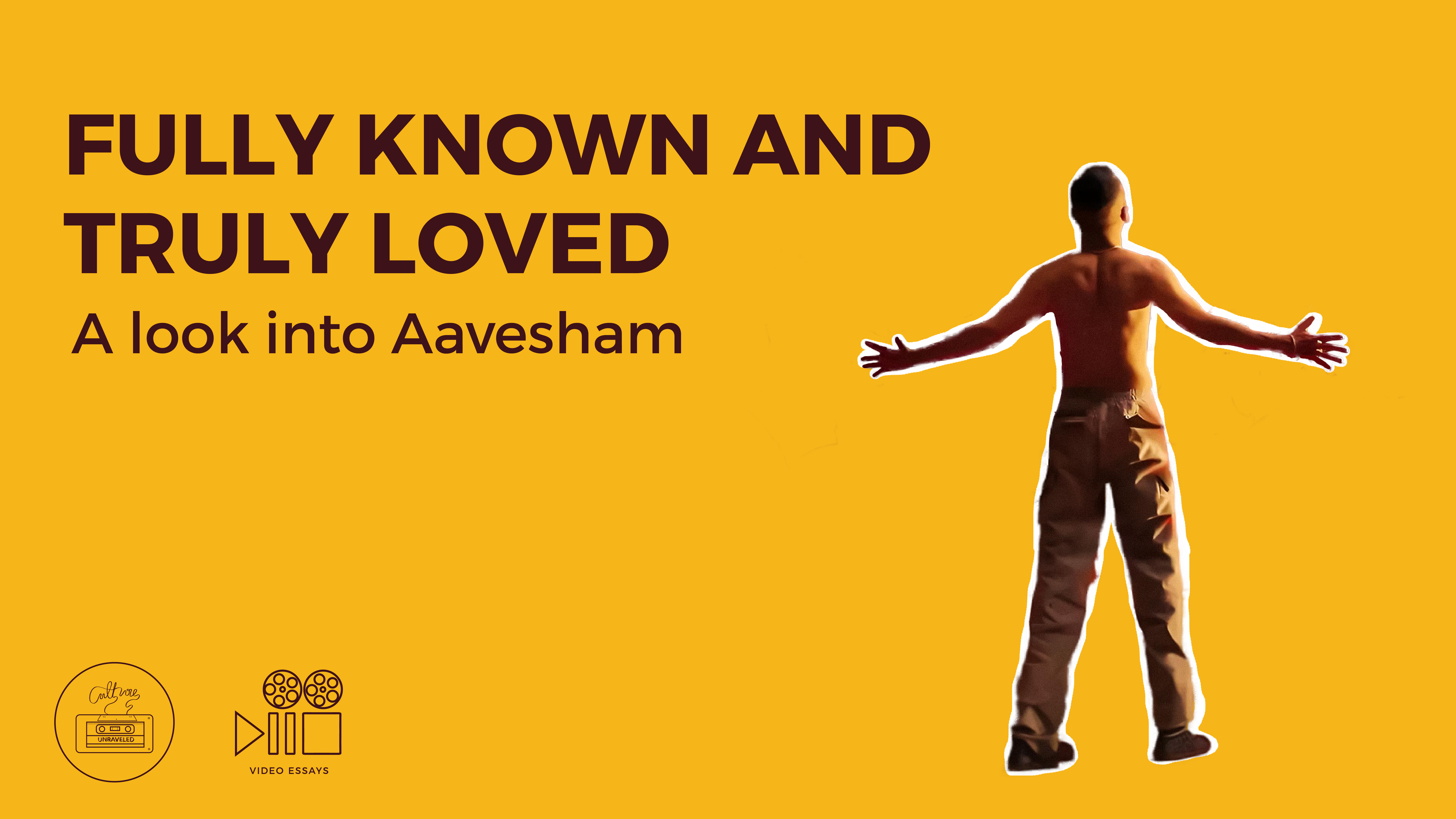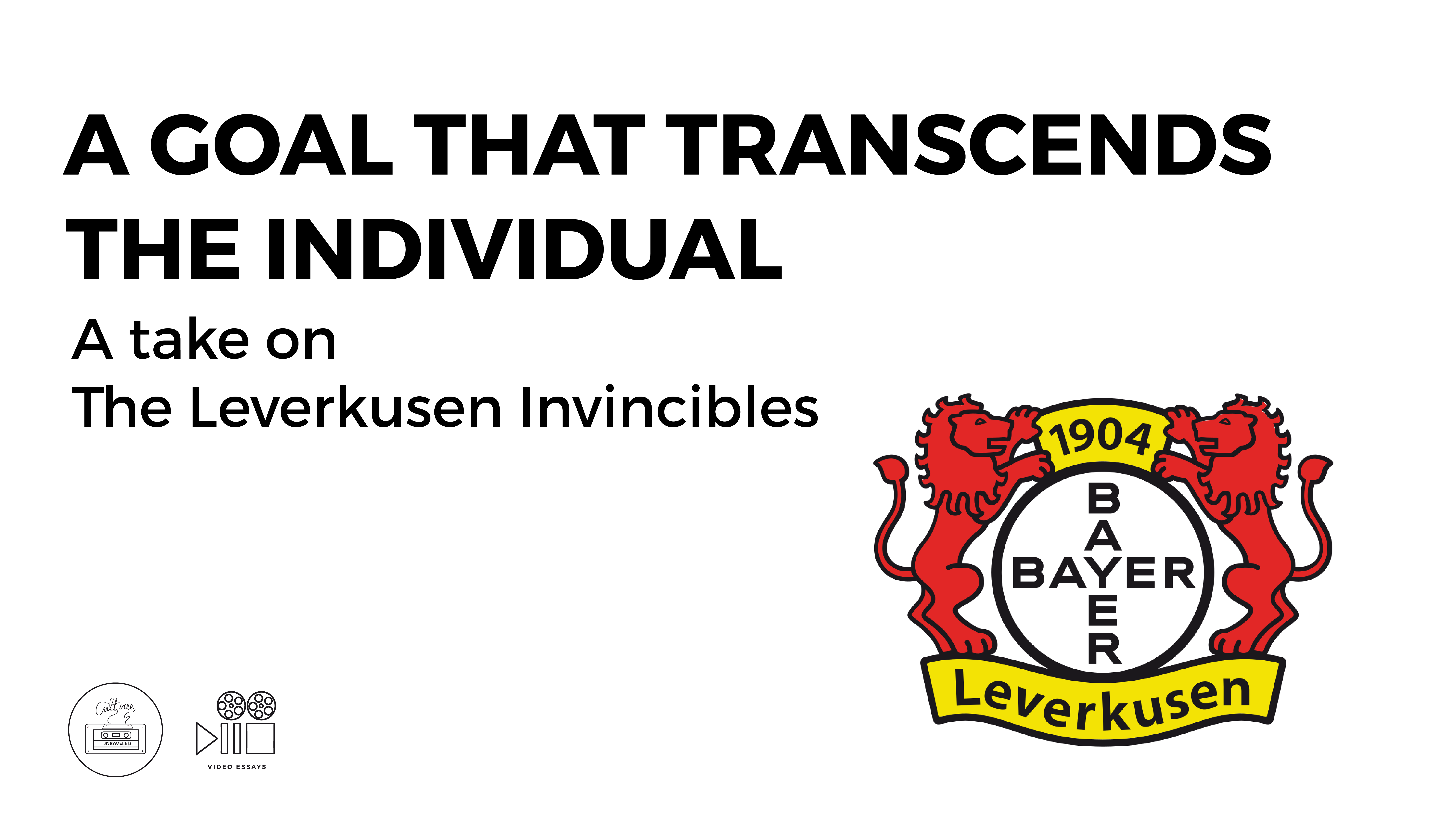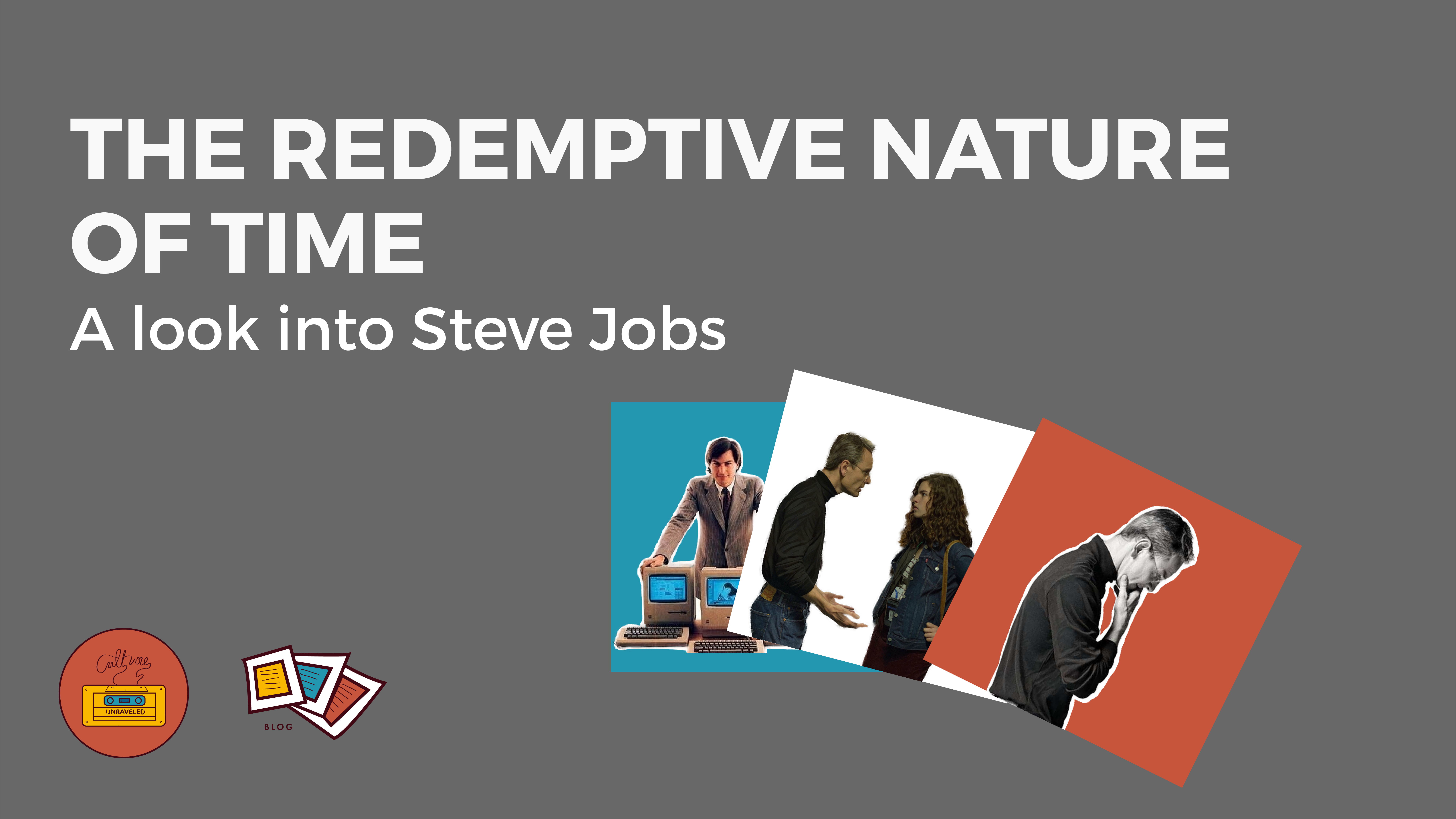
Time is fleeting, yet constant. It’s something that is so fundamental & innately tied to the very nature of being, that it’s existence demands notice, and in a hesitant but necessary ‘larger sense’ – submission. Our approach to & perspective of time significantly dictates the way our lives unfold, and the way our lives unfold significantly dictates our approach to and perspective of time. So understanding the role of time in our lives and the way we see our lives can help us wield time more meaningfully.
The 2015 Film, ‘Steve Jobs’, actively yet subtly explores & illuminates this very theme of the role time plays in our lives. Danny Boyle’s film presents a profound exploration of time as a narrative and thematic device, allowing us to uncover valuable moral lessons embedded within its characters’ engagement with time. The film approaches the theme of time in 3 different ways – The Cumulative Nature Of Time, Time As A Constant & Time As An Agent For Redemption.
- The Cumulative Nature Of Time
This is the aspect of time that acts almost as a scorecard, in that it highlights the power every decision and action that one makes over multiple years. A small seemingly insignificant action or decision in a one off occasion appears as if the consequence it brings, if any, are minimal and temporary. But the cumulative nature of time shows us that the outcomes of small decisions snowball over time and develop into something much more substantial and noteworthy. This is highlighted in a few instances in the film where Jobs’ interactions with his daughter, and his friend and partner Steve Wozniak, display the lack of value Jobs places in them. His negligence towards a healthy relationship with Lisa & Wozniak, seemed unremarkable and almost irrelevant in the moment, but as years progressed that negligence developed into indifference and ultimately the loss of that relationship. If anything, this can show us the immense power and responsibility that lies in each of our decisions, especially if those decisions and actions are repeated over a long period of time, the effects and outcome are exponentially greater than the incremental decisions that construct it.
- Time As A Constant
This aspect of time is perhaps the harshest.This is time as an unrelenting force, unchanging and indifferent to the individuals it affects, non stop and waiting for no one. This aspect of time is explored in multiple ways in the film and one of those ways is in the very structure of the film itself. The film runs in ‘Real Time’, which means that 30 minutes in real life, is also exactly 30 minutes in the film and for the characters. The film is split into 3 different 30 minute segments, each one follows Jobs around for 30 minutes before the launches of 3 of Apple’s biggest products ever. This format lends itself to accurately depicting the constant and unrelenting nature that time possesses. No matter what happens, after each of those 30 minutes, Jobs must take the stage and the presentation of the product will happen. This deals with an idea that can be called – ‘The Time Will Pass Anyway’. This idea can prove to be a useful motivational tool for any task. It essentially proposes the perspective that if one has a task to do, and they know they want to do it and it would be beneficial for them, but they just can’t bring themselves to actually put the effort in and do it, this is when this idea could be utilised. Accepting that regardless of whether we complete the task or not, the time it takes to do it would pass no matter what, can enable us to realise that since the constancy of time is unaffectable, we can at least focus on how we utilise that time. If it takes 30 minutes to clean your room, or read a little, or go for a run, then regardless of whether you do it or not, the 30 minutes will inevitably pass, so you might as well do it. You can’t control time, but you can control what you do with it.
- Time As An Agent For Redemption
As, we can clearly see, time can be unforgiving, unrelenting & sobering, but an aspect of time that perhaps holds the most meaning is when time can be a catalyst for transformation and redemption. Throughout the film, Jobs is portrayed as a pioneer, a genius, but also a human with many flaws. He’s arrogant, elitist, narcissistic and narrow minded to a fault. This is where the redemptive nature of time shows us that people can truly change. Time is something that brings introspection along with it. As time goes on in the film and years pass, the priorities of Jobs change, he goes from not wanting anything to do with his at the time alleged daughter and only focusing on his work, to reprioritising and learning from the narrative and patterns that the passage of time has revealed to him. He allowed time to be a teacher and therefore he learnt a valuable lesson from it, rather than refusing to change, he embraced the lessons that time was forced to teach him.
So as has been described, the various aspects of time all possess a sort of duality, in that they posses the potential for both tragedy and transcendence. The cumulative nature of time shows us that small decisions can lead to great tragedy when they snowball, but therefore if those small decisions are helpful instead of harmful, then over time they can lead to meaningful progress. The constancy of time shows us that no matter what we do time goes on, this can hold us back and make us feel powerless to such a force of nature, or we can realise this immense power it has and utilise it for our benefit and use the unrelenting nature of time in our favour by not waiting around to do things and demanding more agency and initiative from ourselves. The redemptive nature of time shows us that if we are willing to learn, time has some of the most valuable lessons because within it exists every single version of ourselves. So we can either choose to let time pass us by and live as a victim of it, or we can attempt to understand it’s true nature in order to wield it appropriately. We’ll end with a quote from Michael Altshuler that perfectly sums us this theme – “The bad news is time flies, the good news is you’re the pilot.”
_________________________________________
Written by Ben Joshua
Life Focus Society
Culture Unraveled is an initiative of Life Focus Society




